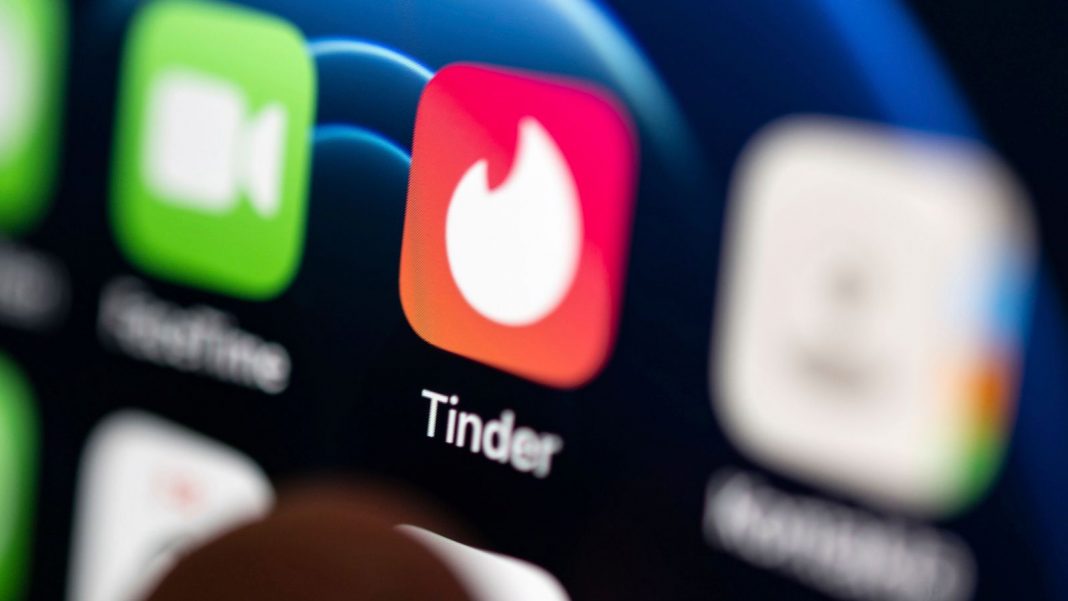Nearly two-thirds of people who use Tinder are already in a relationship – with almost half of users not actually interested in finding dates, according to a new study.
Researchers spoke to 1,400 users aged 18 to 74 about their motivations for using the dating app – and the number of matches and dates they’ve had.
They also asked about their self-esteem and whether they were lonely.
Many choose to stay active on dating apps even if they aren’t looking for dates or hook-ups for the same reasons they use social media, the research suggests.
For these users, the platforms have become sources of entertainment and social connection, while providing them with the confidence boost that comes with collecting likes and matches.
Study co-author Germano Vera Cruz, a data scientist and professor of psychology at the University of Picardy Jules Verne in France, said that dynamic results in a “game of deception”.
This is because those who genuinely want real-life connections have a lower probability of finding success because fewer users are there with the same intentions.
Professor Vera Cruz said: “Some people feel deceived with the use of dating apps, because each time you have a new platform, people think they might really find someone.
“And then people go from platform to platform, but each time they are there, they are not satisfied.”
Read more science and tech news:
Satellite the size of a small car to plummet to Earth
Sweetener found in diet drinks is a ‘potential cancer risk’
What we’ve learned from a week on Threads
The researchers found that Tinder users who reported the least satisfaction from the app are the ones using it to cope with negative emotions and other issues, such as avoidant attachment styles or psychological qualities like impulsivity.
Another co-author, Dr Elias Aboujaoude, a clinical psychiatry professor at Stanford Medicine, said the findings line up with what he has heard from patients who have told him they decided to discard the dating apps after years of trying them out.
He said: “There was the sense that they were spending too much time using them as entertainment or to distract themselves from other things.”
Mr Aboujaoude added: “It can be overwhelming, and in some cases, it can lead people to this notion that the grass is always greener on the other side, like there’s always better options out there.”







